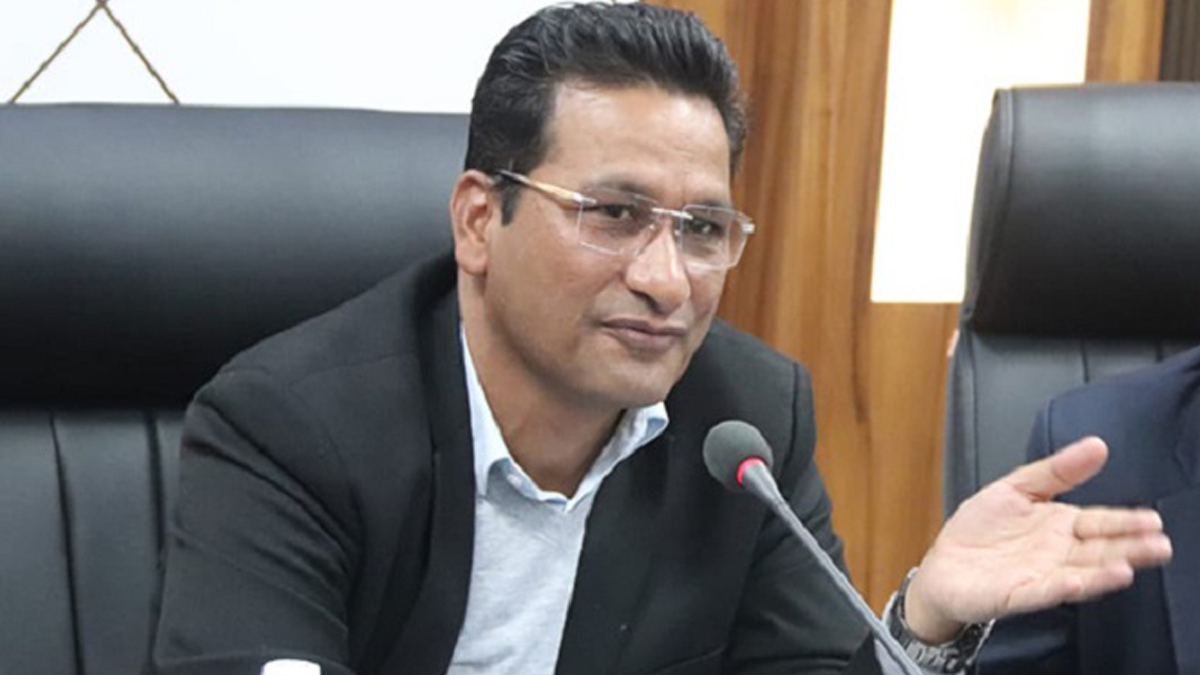In a recent House of Representatives meeting, Minister for Energy, Water Resources, and Irrigation Shakti Bahadur Basnet laid out an ambitious vision for Nepal’s energy sector, announcing a goal to generate 28,000 megawatts (MW) of electricity over the next 12 years. This commitment signals a significant leap forward, addressing not only the projected demand for power but also ensuring energy security and laying the groundwork for sustainable development.
The implementation of the Energy Development Framework and Action Plan marks a strategic move to bolster the country’s capacity in both transmission and distribution. This systematic approach is critical for handling the increased load and expanding reach, ensuring that the benefits of enhanced electricity generation are felt nationwide.
In the current fiscal year, Nepal has added 463MW to its national grid, a noteworthy achievement contributing to the impressive statistic that approximately 98% of the population now has access to electricity. With an additional 900MW slated for integration in the coming fiscal year, the country is on a steady path to not only meeting domestic demand but also creating a surplus. This surplus, expected to be available even during dry seasons, presents an opportunity for export, which can help reduce the national trade deficit—a point highlighted by Minister Basnet.
Key hydropower projects like Rasuwagadhi, Upper Shenzen, and Middle Bhotekoshi are expected to commence power production soon, further bolstering the national grid. Moreover, the progress on reservoir-based projects, including West Seti, Seti River-6, and Lower Arun, is promising. These projects are crucial for energy stability, particularly during periods of low water flow.
The government’s focus on transitioning to electric vehicles (EVs) is another forward-thinking initiative. By reducing reliance on fossil fuels, Nepal can lower its carbon footprint, improve air quality, and make strides towards a more sustainable and environmentally friendly future. This transition, supported by the increasing availability of domestically produced electricity, positions Nepal as a leader in the region for green energy initiatives.
The commitment to exporting 40MW of electricity to Bangladesh illustrates Nepal’s growing role as an energy hub in South Asia. Building robust internal and cross-border transmission lines is essential for maintaining a reliable power supply and fostering regional energy cooperation.
Finally, the advancement of the Marsyangdi Hydropower Project, with its budget and modality finalized, demonstrates the government’s dedication to long-term planning and development in the energy sector. This project, along with others, will be instrumental in meeting the ambitious energy generation targets set forth by Minister Basnet.
In conclusion, the government’s strategic vision and proactive measures in the energy sector are commendable. These initiatives not only promise to meet the country’s future power needs but also contribute to economic growth, environmental sustainability, and regional cooperation. Minister Basnet’s announcements offer a hopeful glimpse into a future where Nepal can achieve energy independence and become a key player in the regional energy market.



Comments